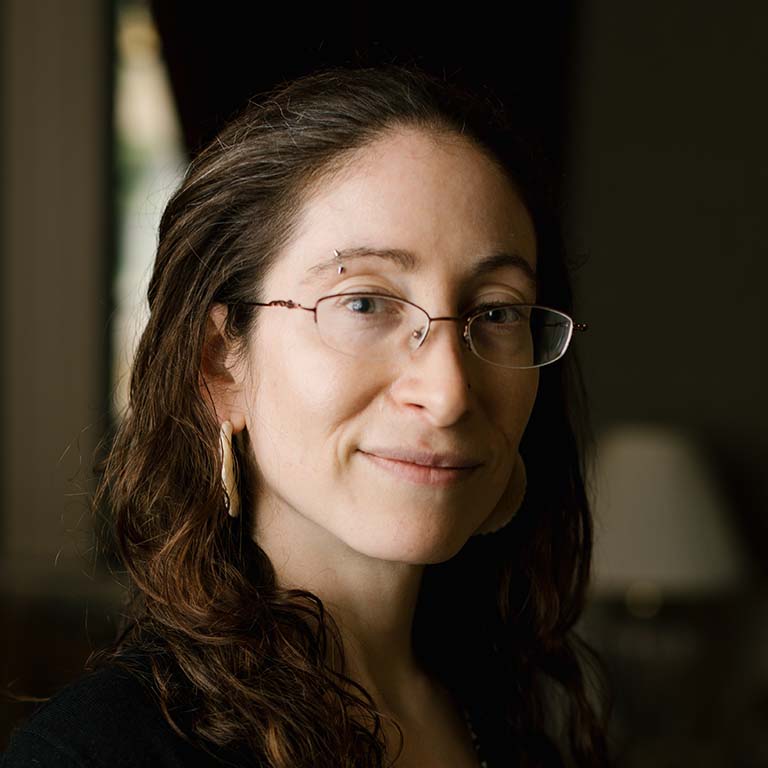- Ph.D., Philosophy, University of Maryland, 2009
- B.A., English, Vassar College, 2001

Elizabeth Schechter
Associate Professor, Philosophy

Associate Professor, Philosophy
The main question driving my research is whether and in what sense the mind is unified. Psychological unity of one form or another is often claimed to be essential to human life as we know it. At the same time, it is also often said that the sciences of the mind/brain undercut all our claims to being unified. One major strand of my work investigates whether and in what sense we assume we are unified; a second strand investigates whether and in what sense science reveals us to be disunified. My research program thus draws from psychological science while speaking to traditional philosophical concerns, including personal identity, self-knowledge, the unity of consciousness, and the nature of belief.
In addition to continuing work on the split-brain phenomenon, my works-in-progress include a paper arguing that explaining self-deception requires recognizing multiple kinds of belief and another arguing that identifying as multiple persons provides a sufficient basis for plural personhood.
Self-Consciousness and Split-Brains: The Minds’ I. 2018. Oxford University Press.
The subject in neuropsychology: Individuating minds in the split-brain case. 2015. Mind and Language 30: 501-525.
The switch model of split-brain consciousness. 2012. Philosophical Psychology 25: 203-226.
The unity of consciousness: Subjects and objectivity. 2013. Philosophical Studies 165: 671-692.
Two unities of consciousness. 2010. The European Journal of Philosophy 21: 197-218.
Partial unity of consciousness: A preliminary defense. 2014. In D. Bennett and C. Hill (Eds.), The Unity of Consciousness and Sensory Integration. MIT Press.